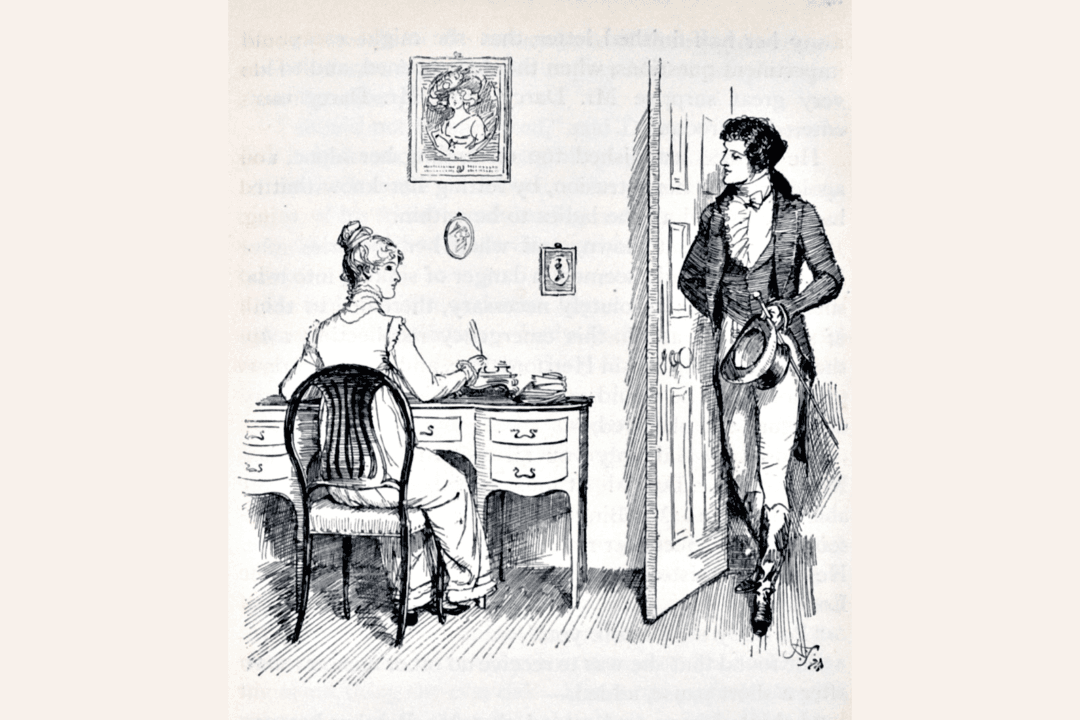The literary genius of Jane Austen lies not in lyrical descriptions or epic, sprawling plots, but in her keen observations of human nature. Her study of character and relationships—romantic relationships in particular—place her among the top echelon of writers in the English language. We can learn a lot about the human condition and society from her novels. The novels’ everyday settings make their lessons especially accessible and relevant.
Jane Austen’s most famous novel, “Pride and Prejudice,” ranks among the top romances of all time. In addition to providing a lovely tale of romance, the book also incisively explores friendships. Here are three lessons in friendship that we can glean from the pages of “Pride and Prejudice.”






